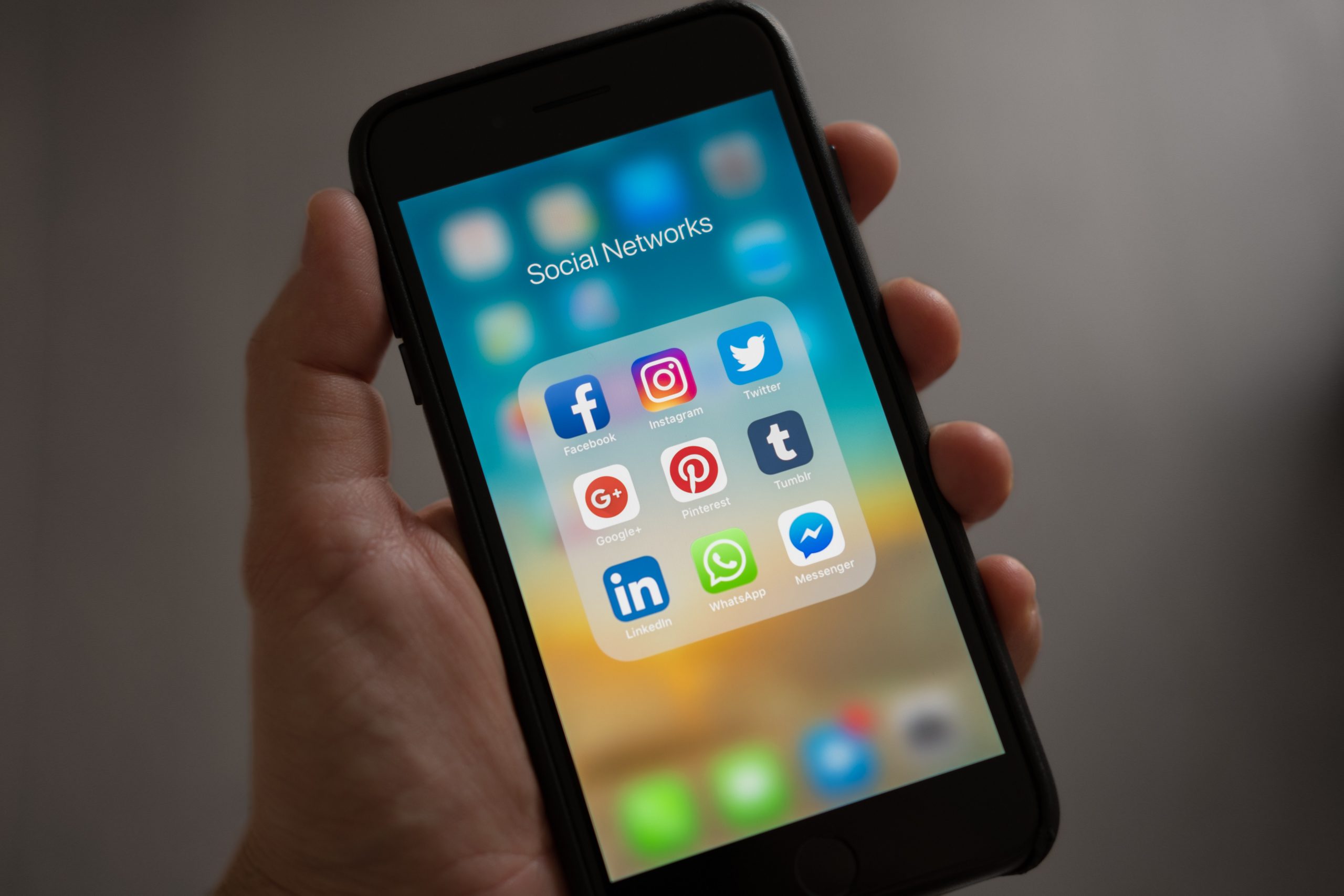Back to School Basics: Rights to Free Speech in Higher Education
Colleges and universities have traditionally valued free expression, experimentation, and open discourse as a core part of their missions. Students and faculty should be free to speak their minds and express themselves in order to provoke discussion and achieve greater understanding. But there are limits to the legal rights to free speech on campus. What those limits are depends on factors like whether a school is public or private, and what promises have been made in university handbooks or policies.
A public university (including state colleges and universities as well as community colleges) is subject to the limitations of the First Amendment. Under the First Amendment, speech or expression is generally protected by the Constitution unless it falls into one of a limited number of categories of unprotected speech, such as threatening speech toward another (“true threats”) and aggressive or insulting speech delivered face-to-face that is likely to provoke violence (“fighting words”). A public college usually cannot punish a student for First Amendment-protected speech unless the student or their speech is disruptive to the educational environment; this is a constitutional right that can be vindicated under Section 1983, part of the Civil Rights Act. There are also limits on the ability of a university to punish a student for off-campus speech. Faculty are also entitled to First Amendment protections, but given that they are often speaking as teachers in their roles as university employees, the school has a greater ability to control what they say in their capacities as faculty.
 Boston Lawyer Blog
Boston Lawyer Blog



 In the last year or so, I have gotten many calls from families whose children have been harassed and discriminated against in school because of their race. Repeatedly, I am hearing that students of color, often in predominately white schools, are being called the n-word by their classmates and targeted for bullying and harassment. I am hearing that these schools are disproportionately disciplining those students of color, often for vague and subjective offenses. Even more concerning, some of these families have told me that when they have reported their children’s harassment to school officials, those officials have recognized that they have a problem with white students harassing and bullying students of color but have claimed not to know how to address or prevent the harassment. Harassment and discrimination against students of color violates both federal and state laws, and schools have an obligation to take steps to address it.
In the last year or so, I have gotten many calls from families whose children have been harassed and discriminated against in school because of their race. Repeatedly, I am hearing that students of color, often in predominately white schools, are being called the n-word by their classmates and targeted for bullying and harassment. I am hearing that these schools are disproportionately disciplining those students of color, often for vague and subjective offenses. Even more concerning, some of these families have told me that when they have reported their children’s harassment to school officials, those officials have recognized that they have a problem with white students harassing and bullying students of color but have claimed not to know how to address or prevent the harassment. Harassment and discrimination against students of color violates both federal and state laws, and schools have an obligation to take steps to address it.




